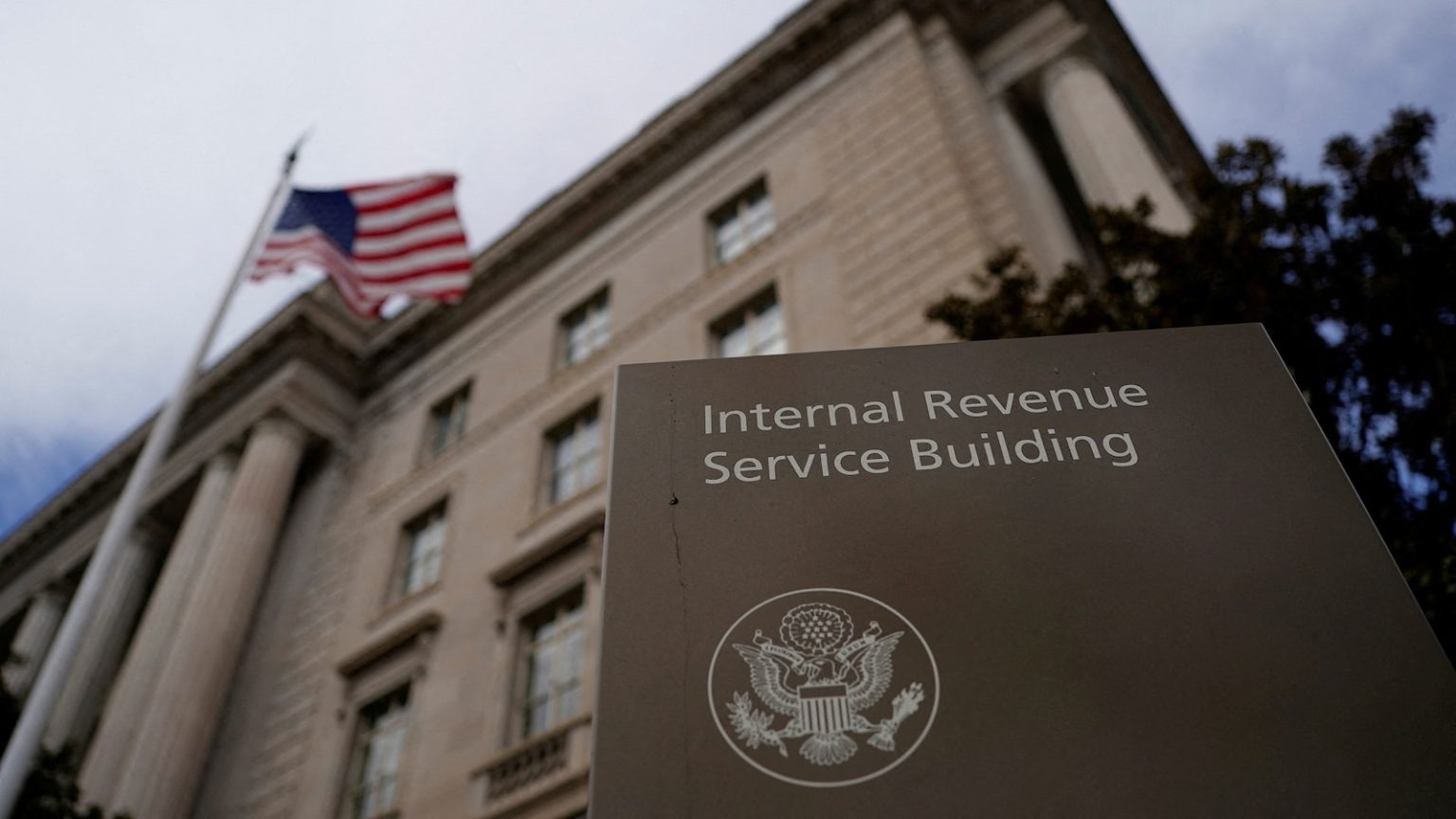Introduction to the DOGE-IRS Agreement
In an era where data breaches and privacy concerns are increasingly prevalent, the recent agreement between the DOGE team and the IRS has sparked significant attention. The situation began with concerns over a request by DOGE for broad access to IRS systems containing sensitive taxpayer information. This data includes Social Security numbers, addresses, income details, and even child custody information—essentially, a treasure trove of personal data that, if mishandled, could lead to identity theft or fraud. Such access would have granted DOGE visibility into the private lives of millions, raising alarms among both IRS officials and privacy advocates. The agreement reached has effectively mitigated these concerns, ensuring that taxpayer data remains protected while allowing DOGE to contribute to necessary IRS modernization efforts.
Terms of the Agreement
The five-page memorandum of agreement outlines the specifics of Gavin Kliger’s assignment, emphasizing the strict access restrictions. Kliger, a DOGE team member, will be embedded with the IRS for 120 days, with the possibility of an additional 120-day extension.Contrary to initial concerns, the agreement explicitly states that Kliger will not have access to identifiable taxpayer information. Instead, any data reviewed will be anonymized, ensuring that no individual taxpayer can be directly or indirectly identified. This anonymization process is crucial, involving the removal or encryption of personal identifiers to prevent breaches of privacy. For instance, names might be replaced with random identifiers, and addresses might be generalized to broader regions. This approach allows Kliger to analyze trends and systems without compromising individual privacy.
Role of Gavin Kliger
Gavin Kliger’s role at the IRS is multifaceted, focusing on enhancing the agency’s technological infrastructure. His tasks include surveying existing software to identify inefficiencies, modernizing outdated systems, and implementing robust fraud prevention measures. Kliger’s work is not confined to the IRS; he also collaborates with other federal agencies like the Office of Personnel Management (OPM), USAID, and the State Department. His involvement highlights the growing need for inter-agency cooperation in addressing complex challenges. Kliger’s background, though not detailed here, suggests a specialization in systems analysis and cybersecurity, skills that are pivotal in modernizing the IRS’s digital landscape, which has faced criticism for being outdated and vulnerable to cyber threats.
Importance of Taxpayer Privacy
The protection of taxpayer information is paramount, as it forms the cornerstone of trust between citizens and the IRS. Historical data breaches, such as the 2015 IRS breach exposing 100,000 tax accounts, underscore the potential consequences of lax security measures. Such incidents erode public trust, which is essential for tax compliance and voluntary disclosure of sensitive information. Ensuring taxpayer privacy is not just a legal obligation but a moral imperative, reflecting the government’s commitment to safeguarding its citizens’ data. The agreement’s emphasis on anonymization and restricted access underscores this commitment, reinforcing the message that taxpayer trust is a non-negotiable asset.
Collaboration Between Agencies
Gavin Kliger’s dual role across multiple agencies exemplifies the increasingly interconnected nature of federal operations. Collaboration between the IRS, OPM, USAID, and the State Department allows for a cohesive approach to modernization and security. This inter-agency cooperation can lead to shared knowledge, resources, and best practices, benefiting each organization. For example, cybersecurity strategies developed for the IRS can be adapted by other agencies, creating a unified defense against digital threats. Such collaborations are not new; past successes, like the joint efforts in combating identity theft, have proven the effectiveness of coordinated federal action.
Balancing Security and Efficiency
The agreement between DOGE and the IRS represents a delicate balance between enhancing agency efficiency and maintaining stringent security protocols. Modernizing IRS systems is crucial for improving service delivery and preventing fraud, yet this must be achieved without compromising taxpayer privacy. The solution lies in innovative approaches like anonymization and role-based access control, which allow necessary data analysis while safeguarding individual information. This balance is not unique to the IRS; it’s a challenge faced by all agencies handling sensitive data. The precedent set by this agreement may influence future collaborations, demonstrating that progress and security are not mutually exclusive. As agencies evolve to meet modern challenges, this balance will remain a focal point in maintaining public trust and operational efficiency.















